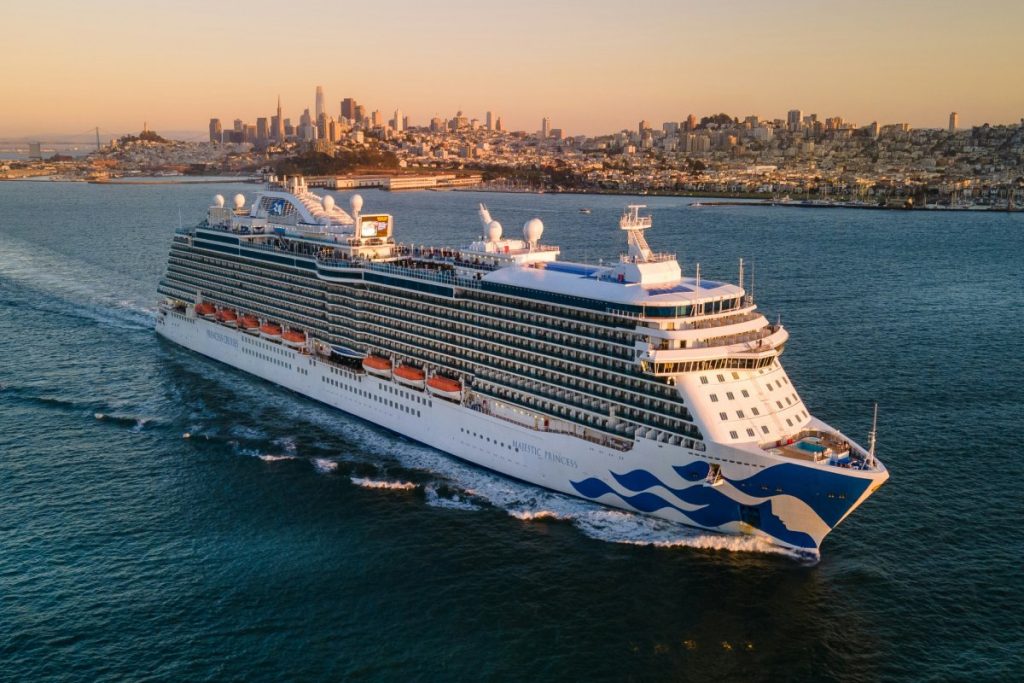Carnival Corp. executives recently addressed investors and discussed the potential impact of the tragic Francis Scott Key Bridge collapse in Baltimore on the cruise line operator. The collapse of the bridge may cost Carnival up to $10 million this year, mainly due to the temporary closure of a key port that the company uses for one of its year-round sailings out of Baltimore. As a result of the bridge collapse, the ship will temporarily be based in Norfolk, Virginia, affecting Carnival’s home port operations.
In addition to the impact of the bridge collapse, Carnival also faced a $130 million hit from rerouting itineraries that touch the Red Sea due to ongoing hostilities from the Houthi. Despite these challenges, the company’s improved performance in itineraries in the Caribbean, Alaska, and Europe helped offset some of these losses. Executives did not expect these issues to significantly dent the company’s overall outlook, as strong customer demand worldwide has led to high booking volumes for future trips, with demand for 2025 sailings and beyond driving growth.
During the first quarter, Carnival saw significant growth in occupancy, with an 11 percentage point increase year over year. Both European and North American brands saw positive growth, with European brands experiencing nearly 20 percentage points growth in occupancy. The company’s North American brands also saw strong single-digit growth in occupancy, indicating a positive recovery in the cruising industry despite ongoing challenges. Onboard revenue also increased thanks to strong pre-cruise sales, which saw a double-digit increase in the percentage of pre-cruise sales of onboard revenue during the first quarter.
Despite a mixed quarter that saw Carnival welcome 3 million guests and generate a record $5.4 billion in revenue, the company experienced a net loss of $214 million in the quarter. However, Carnival remains optimistic about the future and expects to expand its fleet again, with plans to add one to two ships per year starting in 2027. The company also noted that more of Carnival’s guests are new to cruising, with first-time cruise guests rising by 30% in the first quarter compared to last year, indicating a positive trend of attracting new customers to the cruise industry. This focus on new customers, along with strong demand from existing customers, bodes well for the company’s future growth and expansion plans.


